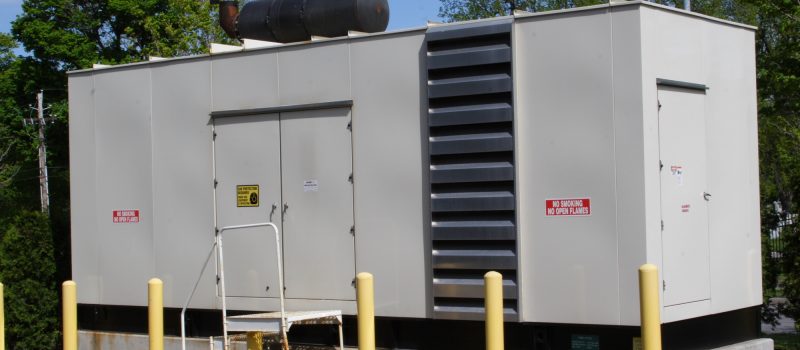Keeping your business running usually means making sure everyone is as productive as possible and that your sales goals are reached. But sometimes, you need something that actually powers the business and keeps the office running, like a diesel generator.
Generators are a must-have for business owners who operate in areas where there’s constant rain or snowstorms. The last thing you want is to have the weather screw up your workflow on the last day of the month, or any other time for that matter.
As such, it’s best to be prepared when a power outage comes your way.
Use the following steps to help you find the best diesel generator for your business.
1. Identify Your Power Needs
Before you start comparing a bunch of diesel generators, you should understand what you want your generator to do. Think about all the electrical systems in your place of business and which ones are the most important.
Maybe the first thing you’d like to be powered if the electricity goes out is the lights, or maybe it’s the air conditioning. Maybe you need something that can support your IT department and on-site servers no matter what happens, or your main priority is food safety for everything your restaurant has in the fridge.
2. Calculate the Watts
It’s one thing to prioritize everything you need to power and another to understand what this means in terms of wattage. You have to make sure the diesel generator you’re interested in buying actually has enough power to support your business.
Note, starting and running wattage are two different things. This makes a significant difference when calculating the power needed to run an entire building’s air conditioning or multiple industrial refrigerators. The starting wattage is what you’ll need to kickstart the power back on, and the running is what it takes to keep certain systems/appliances going.
Also, it’s a good idea to break up your total calculation in terms of the circuit breakers in your building. This helps you understand which systems operate on the same circuit, and you can then bundle their wattage needs accordingly.
3. Decide Between Primary Power vs. Standby
Another thing you have to consider is whether you want a generator with primary power or standby power.
Primary power is best if your business space is small and you don’t foresee too many backup power needs in your future. It’s typically the more cost-effective option of the two, and you can save even more when you get factory direct prices on diesel fuel generators.
Standby power generators cost more, but they turn on as soon as the power goes out. This gives you the backup you need at all hours of the day, and it requires no work from you other than proper generator setup and maintenance.
4. Think About Alternative Fuel
Diesel generators are great and all, but it may be worth investing in a generator that can run on diesel and regular gas. Think about what happens when a hurricane is about to roll through or a snowstorm is heading in: regular gas prices skyrocket, but diesel becomes even more expensive.
Using regular gas isn’t the worst thing you could do. It can give you a lot more power for your buck when you really need it.
5. Check for Low-Oil Shutoff
Whether you’re powering your generator with regular gas or with diesel, you should make sure it has a low-oil shutoff function. This means the generator will automatically power down after the oil in the engine passes a certain level.
It may sound backward to have your generator shut off on you, but this feature helps prolong the lifespan of your generator significantly. The other option would be to let your generator run until it’s completely out of oil which can do some serious damage to its parts.
6. See if a Generator Has Multiple Outlets
Just as you should maintain the inside of the generator as much as possible, you should do a look-over of the outside before you buy. Check to see how many outlets your generator has.
This goes back to the different circuits mentioned above. A generator with more than one outlet can hook up to different circuits at a time and better disperse its power. A generator with just one outlet can still power more than one circuit, but it will do so in a more strained manner.
7. Learn About Inverters and Transfer Switches
Right when you think you’ve found the ideal diesel generator, think again. Make sure you have the right inverter and transfer switches for it and consider if you really need these things in the first place.
Not all generators need these things to do their job. But, the ones that do can’t work with just any inverter or transfer switch. You have to find the right one to match your new generator and the needs of your building.
Find the Perfect Diesel Generator for You
It’s one thing to read about what makes a good diesel generator and another to find the best choice for your business.
Take your time deciding what you’d like a generator to power and make sure you have all the wattage calculations right. From there, do your research about what’s available to you and don’t be afraid to ask questions when you’re ready to buy.
If you want to do your generator shopping in person, click here to find suppliers in your area!

